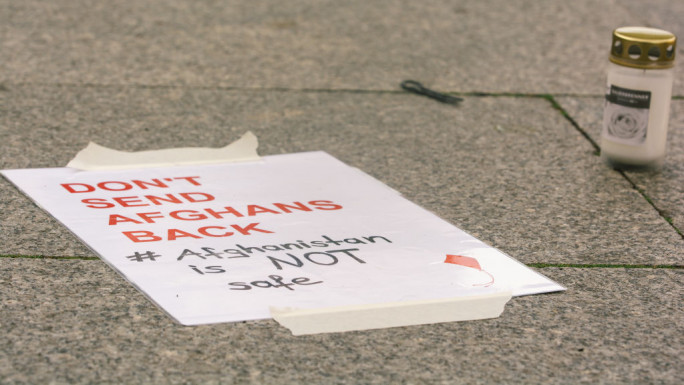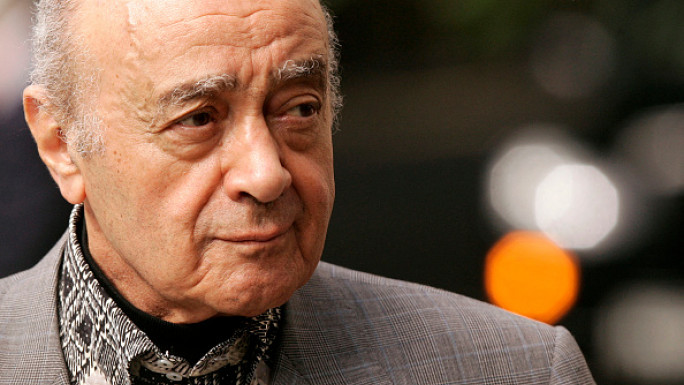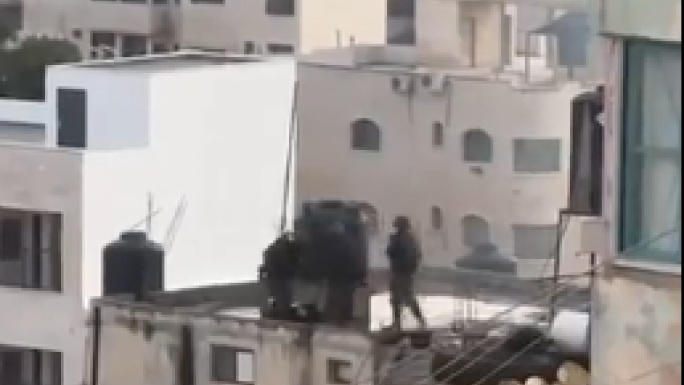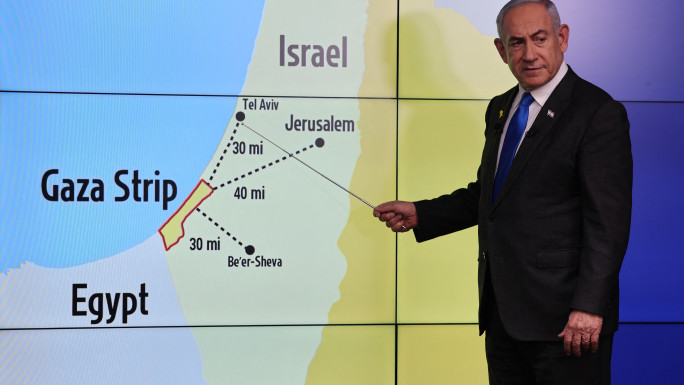Donald Trump's White House sought 'military strike plan' against Iran
The move came after a mortar attack launched by an Iran-linked group on the Baghdad diplomatic quarters home to the US embassy in September, the report said. No one was hurt by the shells, which landed in an open lot.
But the White House National Security Council (NSC) sought to develop a forceful American response to the low-scale attack, including options for a strike against the Islamic Republic, the Journal reported.
It added that the NSC also requested options to respond with strikes in Iraq and Syria.
"It definitely rattled people," a former senior US administration official told the newspaper. "People were shocked. It was mind-boggling how cavalier they were about hitting Iran."
Although the Defence Department did develop proposals for a possible strike, the Journal said it was unclear whether they were shared with the White House.
In one NSC meeting, then deputy national security advisor Mira Ricardel called the attacks in Iraq an "act of war" and called for a decisive US response.
Pentagon officials stressed that it was not unusual for the Defence Department to draw up military plans for the White House.
"The Department of Defence is a planning organisation and provides the president military options for a variety of threats," Colonel Rob Manning, a Pentagon spokesman, told AFP.
He said the Pentagon's activities include "routinely reviewing and updating plans and activities to deal with a host of threats, including those posed by Iran, to deter and, if necessary, to respond to aggression".
After the attack in Baghdad, the White House warned that "the United States will hold the regime in Tehran accountable for any attack that results in injury to our personnel or damage to United States government facilities."
"America will respond swiftly and decisively in defence of American lives," it added.
National Security Advisor John Bolton, a known Iran hawk, has pressed for regime change in the Islamic republic.
He penned a 2015 New York Times opinion piece prior to his current role titled "To stop Iran's bomb, bomb Iran."
US Secretary of State Mike Pompeo declined comment during during his Middle East trip, a tour of Gulf monarchies which Washington says are "critical" to confronting Iran and jihadist groups.
"These Gulf partnerships are critical to achieving shared regional objectives - defeating ISIS (Islamic State group), countering radical Islamic terrorism, protecting global energy supplies and rolling back Iranian aggression," a State Department spokesman said during his first leg of the tour in Bahrain.
State Department officials have said Pompeo hopes his trip will strengthen the GCC, which has been weakened by a diplomatic rift that has pitted Saudi Arabia and its allies against Qatar for more than 18 months.
The State Department has said that a "united Gulf Cooperation Council the backbone for regional peace, prosperity, security and stability" and key to countering Iran.
It said Pompeo would also work with regional leaders to advance a proposed Middle East Strategic Alliance - a NATO-style security pact.
Follow us on Twitter: @The_NewArab





![gaza hospital [getty]](/sites/default/files/styles/image_684x385/public/media/images/04CAB42E-7AB3-4448-B45F-B0E1D7D43091.jpg?h=d1cb525d&itok=XYFJ5dpl)


